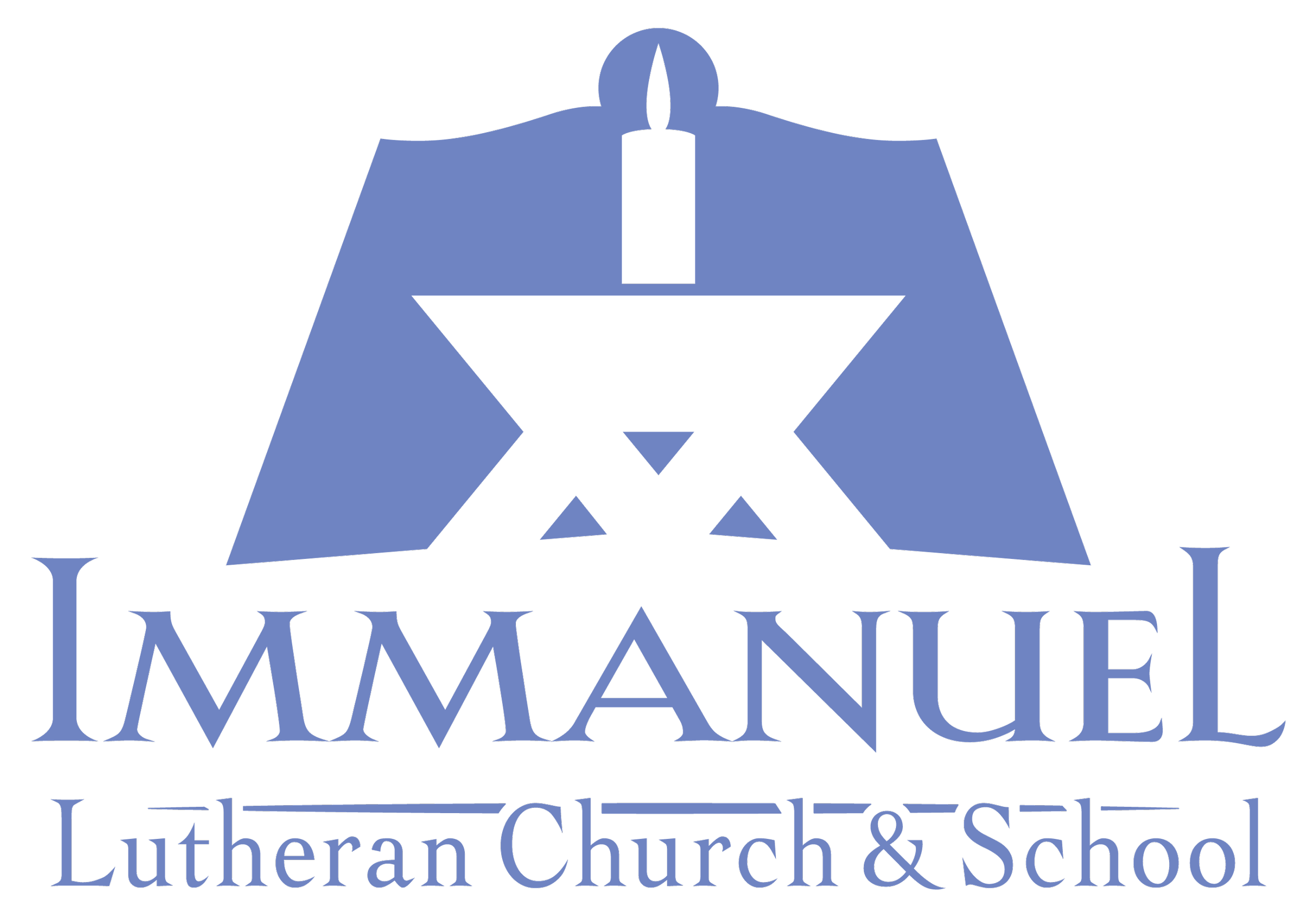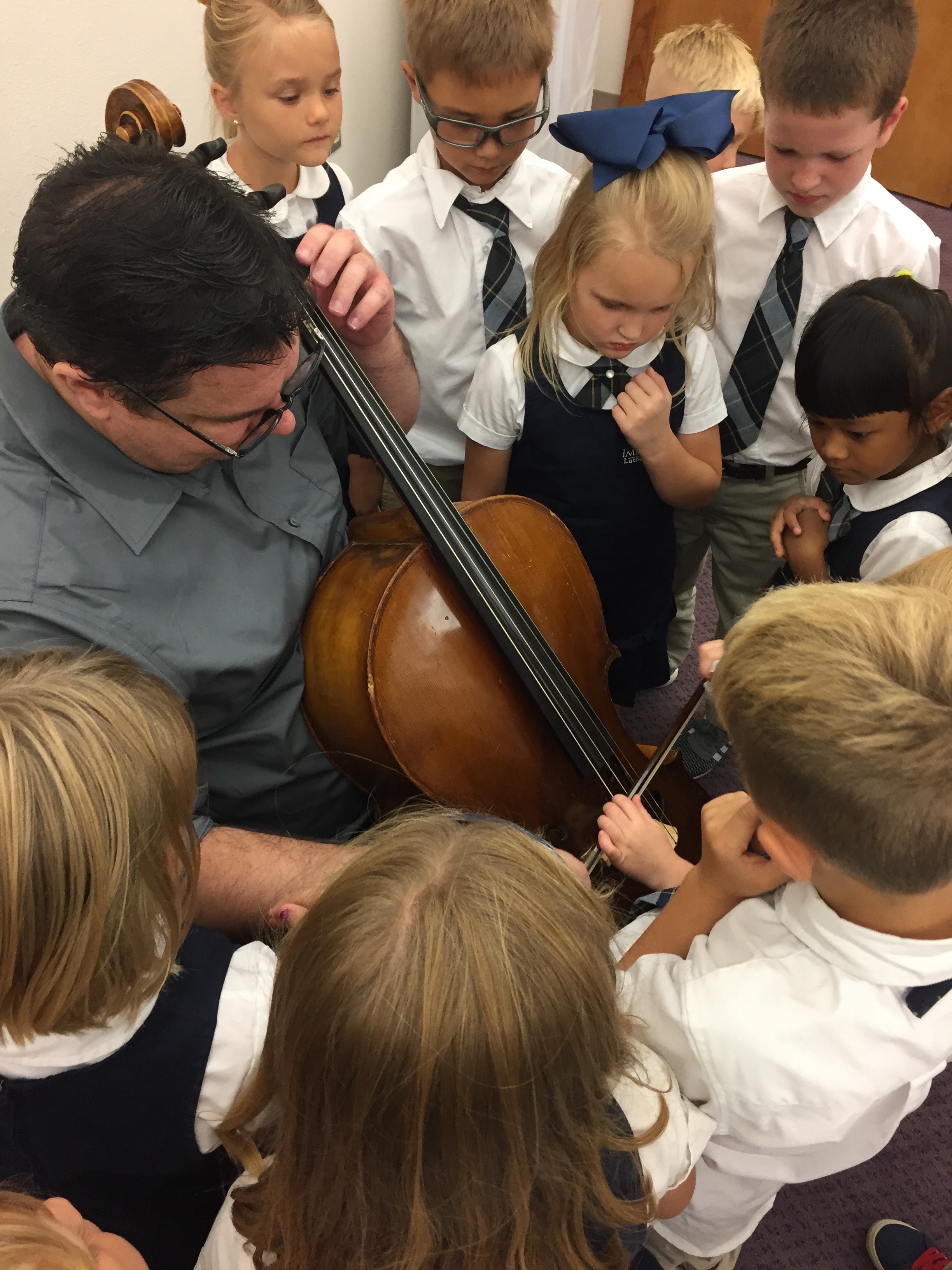ILS Academics
Lutheran Classical Education
A classical Lutheran education provides a unique approach to the method of teaching and learning that has produced some of the most influential Christian leaders in the history of the church. It is our desire that Immanuel Lutheran School train students to become mature, wise, and eloquent Christian leaders in our own generation. Our goal is to equip them with the tools to engage the world for the cause of Christ and to articulate the Gospel persuasively, with clarity, conviction, integrity, and humility. We also strive to furnish students with an understanding of how to love their neighbor and serve others to the glory of God. ILS believes that the best way to pursue this noble vision is through a classical Lutheran education.
The Classical Approach
The classical approach to education was the western world’s accepted method of teaching for nearly 1,500 years. Its emphasis on structure, content, and method is unsurpassed in providing the tools of learning as well as providing for intellectual development, academic achievement, and moral stability. A classical approach emphasizes the goal of giving children the educational tools to both learn and think for themselves. The classical emphasis is grounded on the three-fold approach to the tools of learning called the trivium.
The Trivium
The trivium consists of the three foundational academic categories, or phases, that are consistent with the specific stages of development of the child: grammar, dialectic (logic), and rhetoric. The grammar phase (K-5) emphasizes knowledge, mastery, and memorization. The logic phase (6-8) emphasizes principle comprehension and reasoning. The rhetoric phase (9-12) emphasizes expression and application. In addition to laying out the stages of learning, the trivium also provides a way to break down a subject of study for full comprehension. Every subject has aspects of grammar, logic, and rhetoric in that one must first grasp the facts, then learn the reasons, motivations, and logic around the facts and finally, evaluate and make applications. The trivium, while providing a way to approach each subject is itself a set of subjects. Traditionally, Latin has been included as part of the grammar phase, with logic — or the principles of reasoning — have been included as part of the logic phase, and rhetoric — the art of speaking/writing clearly and cogently — as part of the rhetoric phase.
In Conclusion
Classical education in methodology and content equips learners with the tools of learning. The trivium provides the tools. The Scriptures and Classical studies provide the core content, and Biblical truth is the fixed point of reference.
Areas of Instruction
Religion
Literature
Grammar
Writing
Mathematics
History
Geography
Science
Latin
Physical Education
Music
Art
Logic (7th-8th)


